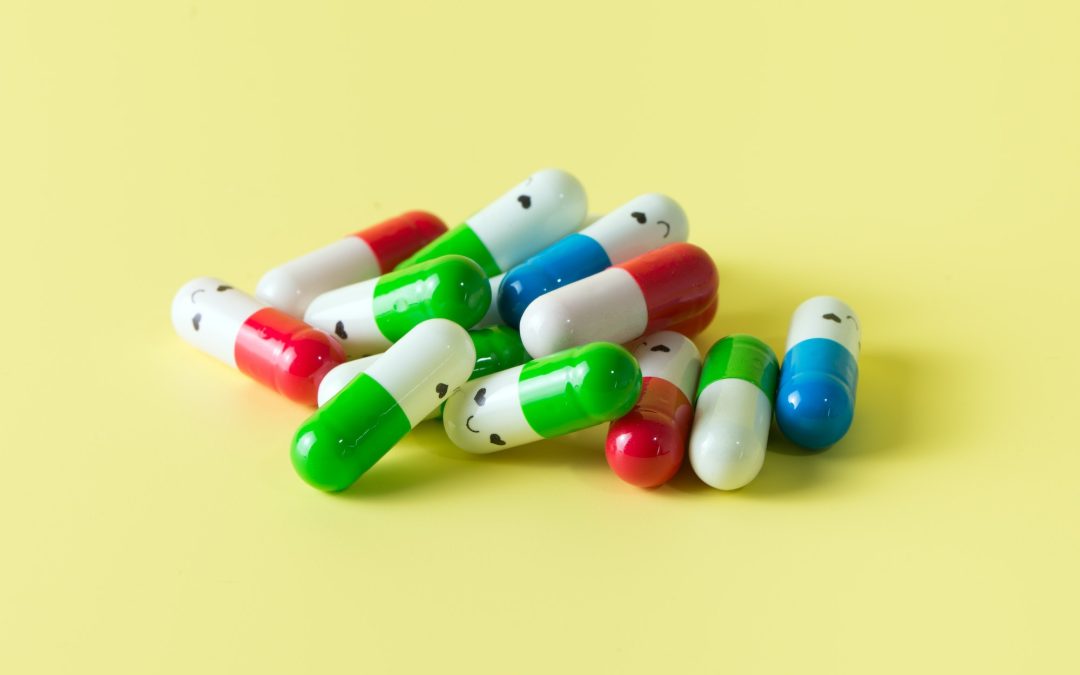According to a study, it’s best to skip certain dietary supplements. Find out why these supplements aren’t working for your heart.
If you’re taking dietary supplements for heart health, then you may want to know which ones work and which ones don’t. According to a study presented at the American Heart Association’s Scientific Sessions 2022 and simultaneously published in the Journal of the American College of Cardiology, it’s best not to bother with certain supplements.
Researchers compared the impact of six common supplements (fish oil, garlic, cinnamon, turmeric, plant sterols, and red yeast rice) to the impact of both a low dose of statins (cholesterol-lowering medication) and a placebo. Ultimately, their results show that the statin medication had the greatest impact compared with supplements and the placebo, significantly lowering LDL cholesterol.
Supplements and Cholesterol
 According to the study results, taking supplements didn’t significantly decrease LDL cholesterol, total cholesterol, or blood triglycerides in any of the participants. In fact, their results were similar to the placebo group.
According to the study results, taking supplements didn’t significantly decrease LDL cholesterol, total cholesterol, or blood triglycerides in any of the participants. In fact, their results were similar to the placebo group.
“We designed this study because many of us have had the same experience of trying to recommend evidence-based therapies that reduce cardiovascular risks to patients and then having them say ‘no thanks, I’ll just try this supplement,’ ” says study co-author Dr. Karol Watson, professor of medicine/cardiology and co-director, UCLA Program in Preventive Cardiology. “We wanted to design a very rigid, randomized, controlled trial study to prove what we already knew and show it in a rigorous way.”
Dr. Steven Nissen, a cardiologist and researcher at the Cleveland Clinic and a co-author of the study, further explained the importance of knowing the difference between supplements and medications. “Patients believe studies have been done [about these supplements] and that they are as effective as statins and can save them because they’re natural, but natural doesn’t mean safe and it doesn’t mean they’re effective,” says Nissen.
Supplements vs. Medications
The Council for Responsible Nutrition, a trade association for the dietary supplement industry, recently released a statement in regard to the study (you can read the full statement here):
- “[The study] completely misses the point of supplementation by comparing the effects of a prescription drug to dietary supplements in a short-term study. Dietary supplements are not intended to be quick fixes and their effects may not be revealed during the course of a study that only spans four weeks… Both prescription drugs and dietary supplements have beneficial roles to play in achieving better health. Supplements are not intended to replace medications or other medical treatments. Instead, they support and maintain health, and in conjunction with a healthy diet, physical activity, and regular check-ups with a healthcare professional, they can help reduce disease risk.”
 If you’re currently taking prescription medications, talk to your doctor about the benefits of using supplements alongside (and not as a replacement for) prescription medications and a healthy lifestyle. For example, L-arginine Plus promotes circulation, blood pressure, cholesterol, and more. However, it should only be used for supplementation and not as a replacement for prescription medication. If you want to give your health the support it deserves, then follow the guidelines given by your doctor, practice healthy habits, and take L-arginine Plus for an extra boost.
If you’re currently taking prescription medications, talk to your doctor about the benefits of using supplements alongside (and not as a replacement for) prescription medications and a healthy lifestyle. For example, L-arginine Plus promotes circulation, blood pressure, cholesterol, and more. However, it should only be used for supplementation and not as a replacement for prescription medication. If you want to give your health the support it deserves, then follow the guidelines given by your doctor, practice healthy habits, and take L-arginine Plus for an extra boost.

